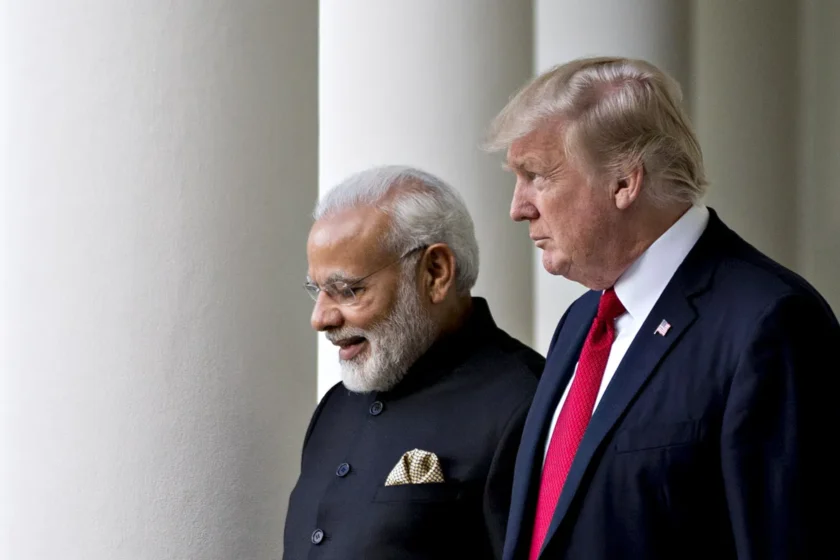London – After years of post-Brexit friction, a new dawn has broken over UK-EU relations. Downing Street today announced a landmark bilateral agreement, hailed by both sides as a “historic moment,” poised to inject an estimated £9 billion ($12.02 billion) into the British economy by 2040. This comprehensive deal, unveiled ahead of the first-ever UK-EU summit in London, signals a determined effort to mend fences and forge a “new chapter” in their partnership.
European Commission President Ursula von der Leyen, alongside European Council President Antonio Costa, joined British Prime Minister Keir Starmer at a joint press conference, where all three lauded the agreement as a significant leap forward. “This deal slashes red tape for exporters and will bring down food prices in British supermarkets,” Starmer declared, emphasizing its direct impact on working people across the country.
Key Pillars of the New Accord:
The agreement is a tapestry of carefully negotiated concessions and collaborations, designed to benefit citizens and economies on both sides of the Channel:
-
Youth Mobility Reimagined: A new “capped and time-limited” youth mobility program, akin to those with Australia and New Zealand, aims to rekindle academic and cultural ties. Crucially, both the EU and UK will work towards re-establishing British participation in the Erasmus+ academic exchange program, from which the UK withdrew in the current cycle. Von der Leyen underscored its importance in restoring enduring connections between young people.
-
SPS Agreement: Freeing Up Food Trade: A significant sanitary and phytosanitary (SPS) agreement promises to streamline commerce in food and agricultural products. This will slash red tape and costs, eliminating many standard inspections of plant and animal goods and reopening EU markets to British exports like shellfish and hamburgers. It will also expedite the flow of goods between Britain and Northern Ireland under the Windsor Framework, a welcome relief for businesses.
-
Fisheries: A 12-Year Horizon: The often-contentious fisheries sector has secured a 12-year agreement, maintaining current quotas for EU boats while safeguarding British access to EU waters. Starmer highlighted the stability this brings, contrasting it with the previous year-by-year negotiations. The British government has committed £360 million to modernize its fleet and update technologies, positioning the industry for future growth.

-
Enhanced Security Cooperation: The agreement lays the groundwork for robust defense and security cooperation, including a framework for UK involvement in the EU’s SAFE defense program, which promotes cooperative military procurement. Future discussions will delve into supply chain agreements and financial contributions.
-
Easier Travel for Brits: British holidaymakers are set to benefit directly. Improved collaboration on biometric and vehicle data, alongside enhanced access to Europol data, will contribute to smoother journeys. Notably, eGates, which expedite passport inspections, will once again be available to British passengers at EU border checkpoints.
Praise and Pushback:
While the accord has garnered widespread endorsement as a pragmatic step, it hasn’t escaped criticism. Nigel Farage of Reform UK lambasted the decision as a “surrender” to Brussels, while Kemi Badenoch, leader of the opposition Conservative Party, vowed to undo it if her party regains power. Fisheries organizations also voiced disappointment, with the National Federation of Fishermen’s Organizations claiming the agreement “gives away the best card we still had,” favoring large exporters over independent fishermen.
However, analysts largely view the agreement as a sensible and necessary move. Iain Begg, a European politics specialist at the London School of Economics and Political Science, acknowledged the symbolic nature of fisheries but stressed the far greater economic weight of reduced barriers to UK exports, particularly for defense contractors. Steve Nolan, a senior economics professor at Liverpool John Moores University, framed the agreement not in terms of “winners and losers,” but as a mutual understanding between close neighbors and strategic partners. “This is an indication that ‘grown-up negotiation is back on the table,’ in a world that is becoming more fractured,” Nolan observed.
Though a definitive timeline for full implementation remains to be set, Starmer confirmed that remaining talks will proceed “with the same pace and intensity.” This new agreement marks a significant turning point, suggesting a renewed commitment from both the UK and the EU to pragmatic cooperation in a complex global landscape.









